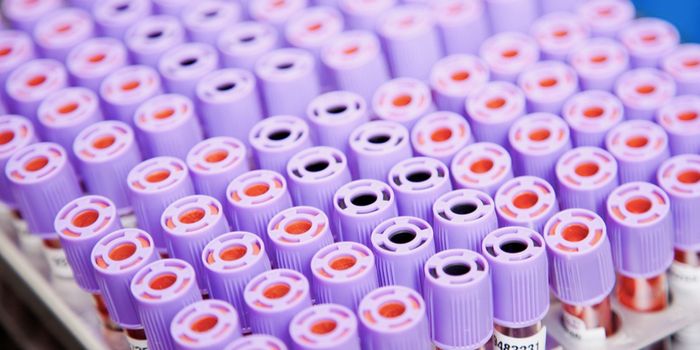A Novel Link between Cancer and Aging May Provide a Therapeutic Target
Experts largely acknowledge cancer as a disease of aging. The intricate relationship between aging and cancer is underscored by their shared mechanisms, often referred to as “hallmarks.” Many of these hallmarks of aging contribute to cancer development and progression, and vice versa. However, certain aspects of cellular and molecular growth establish a paradoxical relationship between cancer and aging. This paradox is the reason why individuals who surpass the age 80 are more likely to face conditions like cardiovascular disease than cancer. Moreover, once they reach 90, cancer incidence or mortality becomes rare.
While age presents a major risk factor for cancer development, questions about how aging impacts tumor growth control remain. A new study published in Science shows that aging of the immune system, a crucial player in our body's defense, plays an important role in driving lung cancer progression. The study focuses on hematopoietic cells, the immature precursor cells that develop into blood cells, including a subset of white blood cells that become immune cells.
Hematopoietic aging is associated with issues with the immune system, including a hindrance of the adaptive immune response which mediates the attack and elimination of foreign cells, including cancer cells. In addition, hematopoietic aging also promotes a process called emergency myelopoiesis, which facilitates rapid production of immune cells in response to inflammation. Specifically, this process leads to an accumulation of a class immune cells known as macrophages. While some subsets of macrophages benefit the immune response, those produced here appear as pro-tumor macrophages which suppress the components of the immune response that kill tumor cells.
The study characterized the myeloid cells in lung tumors that resulted from age-driven emergency myelopoiesis. Importantly, these cells found in lung tumors produce excess amounts of an immune mediator called interleuikin-1 alpha (IL-1α), a signaling protein involved in the inflammatory response. By blocking the IL-1α signaling pathways, the researchers could dampen the accumulation of pro-tumor macrophages in preclinical models. The study's findings, which showed that blockade of inflammatory signaling in aged mice slowed the growth of lung, colon, and pancreatic tumors, are of significant importance in our understanding of cancer and aging.
The study revealed that a high number of IL-1α-expressing immune cells correlated with age, poor survival, and cancer recurrence. These findings not only underscore the role of aging in cancer but also present potential targets for future therapeutic interventions, thereby suggesting new avenues for cancer research.
Sources: Molec Cancer, CA, Crit Rev Hematol Oncol, Science, Curr Opin Immunol, Nature Rev Immunol









